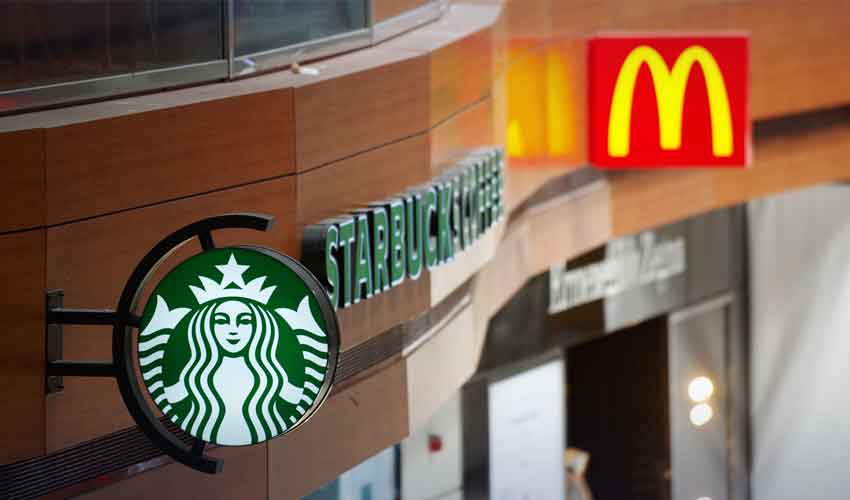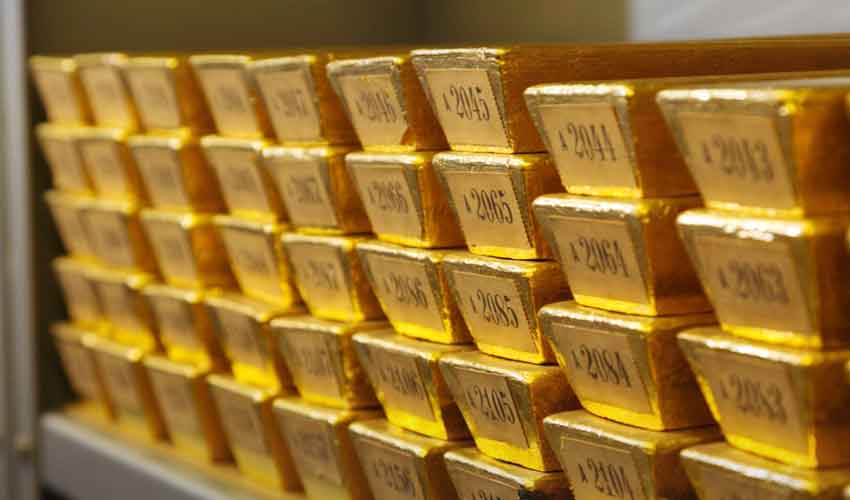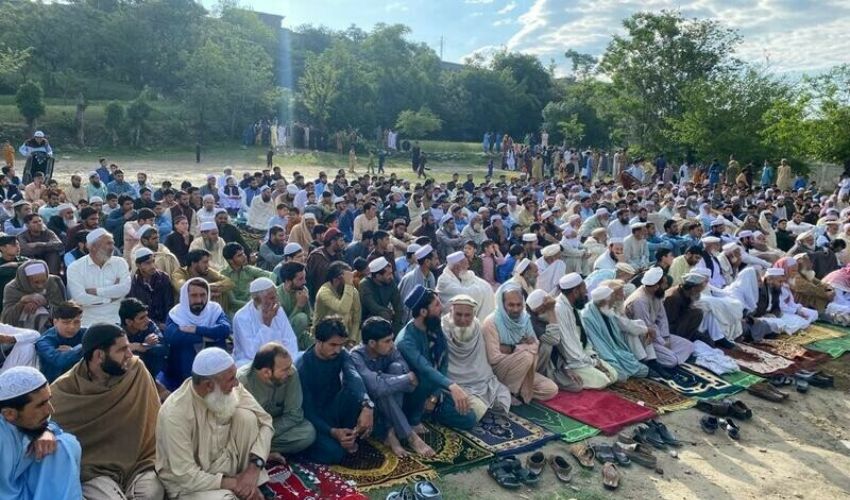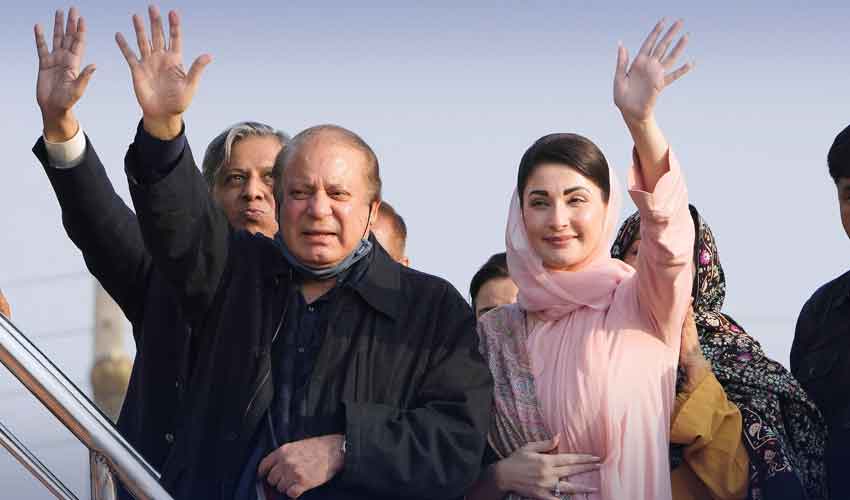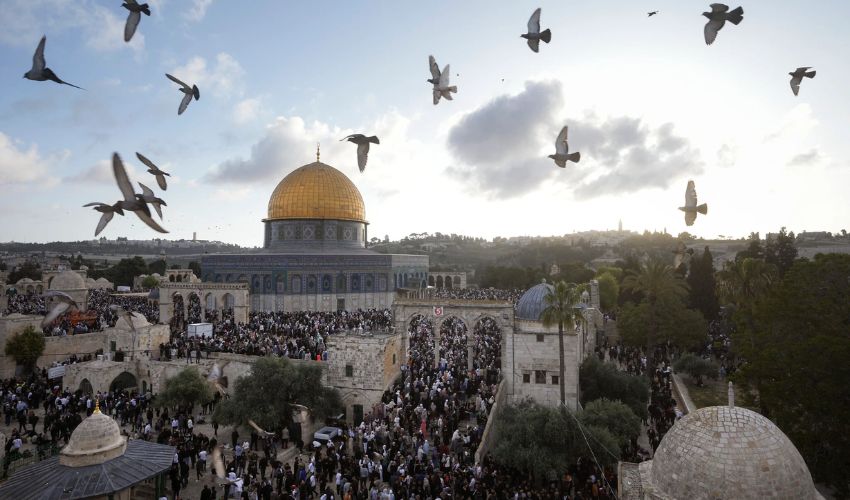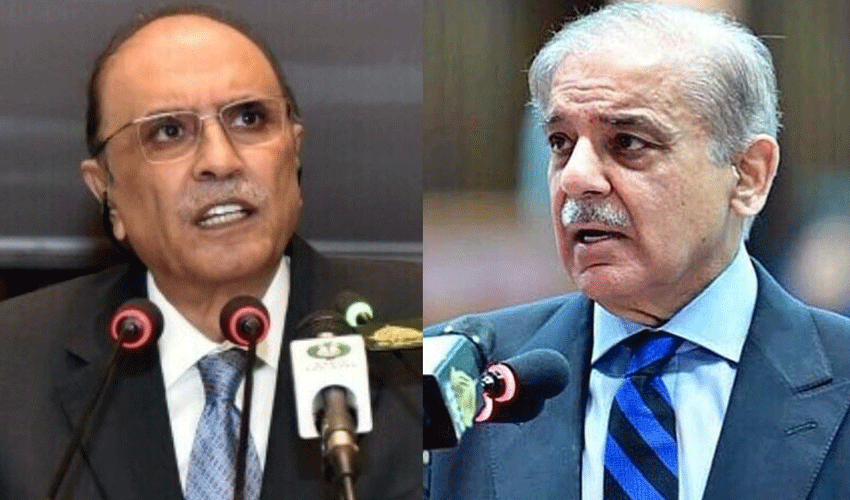One evening in Cairo, employees cleared tables at an empty McDonald's restaurant. Other Western fast-food chains in the Egyptian capital also looked deserted.
Since the Hamas attack in southern Israel on October 7, the Gaza Strip has been the victim of an almost spontaneous grassroots boycott movement against Israeli military attacks.
Western brands are feeling the influence in Egypt and Jordan, and there are signs that the campaign will spread to other Arab countries, including Kuwait and Morocco. Participation was mixed, with little impact seen in Saudi Arabia and the United Arab Emirates.
Some of the companies targeted by the campaign appear to have pro-Israel positions, and some are said to have economic ties or investments with Israel.
As the campaign began to spread, calls for boycotts spread across social media, listing dozens of businesses and products and encouraging shoppers to look to local alternatives.
In Egypt, where security restrictions make it unlikely that people will take to the streets, some believe a boycott is the best, or only, way to make their voices heard.
"I feel that even if I know this will not have a massive impact on the war, then this is the least we can do as citizens of different nations so we don't feel like our hands are covered in blood," said 31-year-old Cairo resident Reham Hamed, who is boycotting American fast food chains and some cleaning products.
In Jordan, boycott supporters sometimes enter McDonald's and Starbucks stores to encourage cash-strapped customers to go elsewhere. Videos of what appear to be Israeli military personnel washing laundry with a well-known detergent brand have gone viral, prompting calls for viewers to boycott it.
"No one is buying these products," said Ahmad al-Zaro, a cashier at a large supermarket in the capital Amman where customers were choosing local brands instead.
Seven Starbucks, McDonald's and KFC stores in Kuwait City were inspected on Tuesday night and found to be nearly empty.
In Morocco's capital, Rabat, an employee at a Starbucks store said customer numbers had dropped significantly this week.
In a statement last month, McDonald's said it was disappointed by the misinformation surrounding its position on the dispute and said its doors were open to all. Underscoring its Egyptian ownership, an Egyptian franchise of the brand pledged 20 million Egyptian pounds ($650,000) in aid to Gaza.
When asked for comment, Starbucks referred to a statement on its website updated in October regarding its operations in the Middle East. The statement said the company is a non-political organization and denied rumours that it supports the Israeli government or military. Starbucks, which reported record fourth-quarter sales earlier this month, said it had nothing further to share about its business.
Boycott movements are growing in countries with traditionally strong pro-Palestinian sentiments. Egypt and Jordan made peace with Israel decades ago, but those agreements did not bring people closer together.
The protests also reflect growing anger over Israeli military operations in Hamas-controlled Gaza that are more destructive than previous attacks and have caused a humanitarian crisis, killing 13,300 civilians, officials in Gaza said.
Israel announced that approximately 1,200 people were killed and approximately 240 were taken hostage in the October 7 Hamas attack.
Former boycott campaigns in Egypt, the Arab world's most vibrant nation, had less impact, including those supported by the Palestinian-led Boycott, Divestment, Sanctions (BDS) movement.
"The scale of the aggression against the Gaza Strip is unprecedented. Therefore, the reaction, whether on the Arab street or even internationally, is unprecedented," said Hossam Mahmoud, a member of BDS Egypt.
Some campaigners have singled out Starbucks for suing its workers' union over a post on Israel's war on Gaza, and McDonald's after its Israeli franchise said it gave free meals to the Israeli military.
An anonymous employee at McDonald's corporate offices in Egypt reported a significant sales decline of at least 70% in October and November compared to the same period last year.
"We are struggling to cover our own expenses during this time," the employee told Reuters.
Sameh El Sadat, a co-founder of TBS Holding, a supplier to Starbucks and McDonald's, noted a drop or slowdown of about 50% in demand from his clients.
Efforts by brands to defend themselves and retain business with special offers have faced challenges as boycott campaigns continue to gain traction, even extending beyond the Arab world.
In Malaysia, a McDonald's worker reported a 20% drop in customers, and Grab, a ride-hailing app, faced boycott calls after its CEO's wife expressed her love for Israel after visiting it. She later claimed her posts were taken out of context.
The Malaysian arms of Grab and McDonald's said that they would donate aid for Palestinians following the boycott calls.
Turkey's parliament removed Coca-Cola and Nestle products from its restaurants earlier this month, citing a "public outcry," though no major Turkish company or state agency has severed ties with Israel.
The impact of the boycotts varies, with uneven adoption and scepticism about their effectiveness, especially in countries like Saudi Arabia, the United Arab Emirates, and Tunisia, where no major impact has been observed.
"If we really want to boycott and support these people (Palestinians), we take arms and fight with them...Otherwise, no," said Cairo kiosk owner Issam Abu Shalaby.





